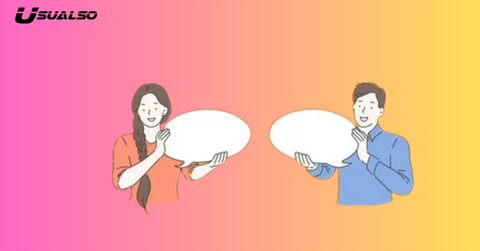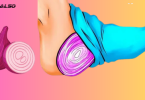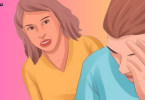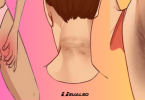Emotional masking:
Hiding their true emotions behind a facade of cheerfulness and optimism is the mark of hidden depression. Individuals may use humor or deflection tactics to distract from their inner pain, fearing they will be judged or rejected if they reveal their true feelings.
Difficulty expressing emotions:
People with covert depression often have difficulty expressing their emotions openly, fearing vulnerability and rejection. They may downplay or downplay their feelings, dismissing their own suffering as unworthy of recognition or support.

Insomnia or excessive sleeping:
Sleep disturbances are common among people with depression, whether it manifests as insomnia or excessive sleeping. Despite being tired, they may have trouble falling asleep or getting restful sleep due to racing thoughts and emotional distress.
Physical illnesses:
Chronic physical illnesses, such as headaches, digestive problems or muscle tension, can often accompany hidden depression. These physical symptoms may be manifestations of the emotional pain and stress experienced by people with depression.
Seeking comfort in substances:
In an attempt to soothe their emotional pain, people with covert depression may turn to substances such as alcohol or drugs. Substance abuse may provide temporary relief from overwhelming feelings, but it ultimately exacerbates the underlying depression.
Recognizing the hidden signs of depression is crucial to providing support and understanding to those who struggle in silence. By understanding the incredible habits exhibited by people with hidden depression, we can cultivate empathy, destigmatize mental illness, and create a supportive environment where people feel safe to seek help and heal.






